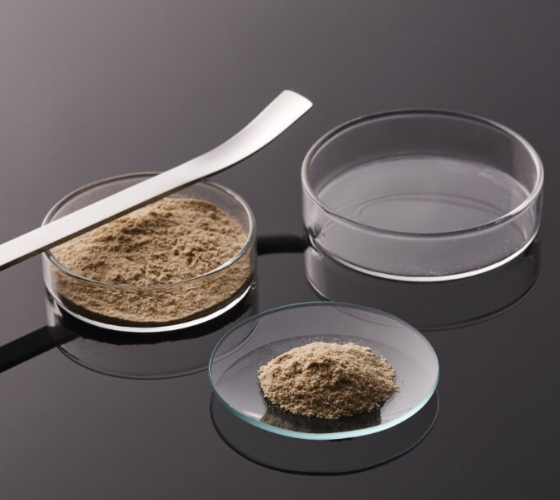Taiwan Oligo Fucoidan's Role in Regulating the miR-29b-DNMT3B-MTSS1 Axis in Hepatocellular Carcinoma

Hepatocellular carcinoma (HCC) is a highly lethal cancer with limited and often ineffective treatment options. Oligo Sea Fucoidan (from Hi-Q Marine Biotech), a natural polysaccharide extracted from brown seaweeds, has demonstrated anti-tumor properties in various cancers. Studies showed that Oligo Sea Fucoidan not only halts the cell cycle and induces apoptosis in cancer cells but also regulates microRNAs (miRNAs) to inhibit tumor growth and metastasis.
This study aims to explore the specific mechanisms of Oligo Sea Fucoidan in HCC, particularly its impact on miR-29b. The research reveals how Oligo Sea Fucoidan modulates the miR-29b-DNMT3B-MTSS1 axis to inhibit epithelial-mesenchymal transition (EMT) in HCC cells and its regulatory effects on the TGF-β signaling pathway. The findings suggest that Oligo Sea Fucoidan has the potential to be developed as an integrative therapy to combat HCC invasion and metastasis.
Key Findings:
- Elevating miR-29b: Oligo Sea Fucoidan significantly upregulated miR-29b in human HCC cells. This elevation was dose-dependent and accompanied by suppression of its downstream target, DNMT3B.
- Inhibiting DNMT3B: Experiments showed that Oligo FucoiInhibiting DNMT3B: Experiments showed that Oligo Sea Fucoidan, much like a miR-29b mimic, markedly reduced the luciferase activity of the DNMT3B 3′-UTR reporter, indicating that Oligo Sea Fucoidan induces miR-29b to suppress DNMT3B.
- Increasing MTSS1 Expression: MTSS1 (metastasis suppressor 1), a target silenced by DNMT3B, saw increased mRNA and protein levels after Oligo Sea Fucoidan treatment.
- Inhibiting TGF-β Receptor and Smad Signaling: Oligo Sea Fucoidan downregulated TGF-β receptor and Smad signaling pathways in HCC cells.
- Inhibiting EMT: Oligo Sea Fucoidan inhibited epithelial-mesenchymal transition (EMT) by increasing E-cadherin and decreasing N-cadherin expression, and prevented extracellular matrix degradation by increasing TIMP-1 and decreasing MMP2 and MMP9, thereby reducing the invasion capability of HCC cells.
Conclusion: This study demonstrates that Oligo Sea Fucoidan regulates the miR-29b-DNMT3B-MTSS1 axis and inhibits TGF-β signaling in HCC cells. These findings highlight the potential of Oligo Sea Fucoidan as an integrative therapeutic approach to inhibit HCC invasion and metastasis, offering new avenues for treatment.
Reference: https://pubmed.ncbi.nlm.nih.gov/26404322/



